“I’m feeling flappy,” my five-year-old says, looking up at me. Flappy is our word for feeling restless, or out of sorts, or just not quite right. Whenever that happens, we start by talking about why, but what works better, every time, is hugging him hard, or, failing that, dance parties.
This time, after the hug, he says “I better do my belly breathing.”
“Your what?”
“I learned it in school.” He places a dimpled hand on his belly and the other on his chest. He tells me, with the wide-eyed sincerity that only kindergarteners have, that it is part of his toolbox, for when he needs to get calm.
That kindergartener is long gone, but the belly breath has stayed around. Last year, when he was in seventh grade, I overheard him talking to a friend in his Dungeons and Dragons group, who was having trouble sleeping. Every kid in the group had a piece of advice: think about good things, try progressive relaxation, and, of course, belly breathing.
Sharing mindfulness techniques with littles can help them corral anxiety early on, setting them up for a lifetime of rewards as they combat the inevitable stressors that come with growing up — especially in our turbulent times. The books that follow will help your little find and sharpen the tools that work best for them, while giving them a comforting sense of how universal and manageable feelings of stress and anxiety can be, and empowering them to take better care of themselves and others.
The bolt of genius in this book is taking a very adult idea – that the mind has a negativity bias and sometimes needs to be corralled to perform at its best – and translates it into a kid-friendly character, a puppy who needs to be trained to keep it from wandering into dangerous territory. Compassionate and kind, this rhyming book is a great place to start conversations with kiddies on mindfulness and self-awareness.
Also Great: My Magic Breath, Cassidy’s Present, What Does It Mean to Be Present
Author Miriam Gates trots out the canon of targeted breathing techniques in accessible ways that kids will immediately connect to – Rainbow breath for moments when you’re feeling tired, Dandelion breath for when you’re uncertain about trying something new, or Counting breath when you’re angry. Adorable illustrations, accessible names for the breathing techniques, and clear instructions bring home the idea that different social and emotional situations require different approaches, but all can be helped by being aware of your breath.
Also Great: Listening to My Heart, Crab and Whale, Bee Still
This one should be required reading for second graders. It starts with Kate, who is sad because of some very specific things — her parents are grumpy with her because she is disorganized in the morning and makes them all late, she’s afraid to do show-and-tell, she can’t do cartwheels, like her friends can, and those same friends can be mean sometimes. She reads a book called Strong Mind and decides to put the tools inside to work the next day. She makes lists to get through her morning routine quickly, forgives herself for not knowing how to cartwheel and practices until she improves, and counts to 10 when kids are mean to her at lunch. It’s an expansive toolkit embedded in a realistic story, a perfect combination for kids who are starting to live in a broader social context.
Also Great: The Lemonade Hurricane, Wild Mindfulness, Marmalade the Moose’s Mindful Meanders
Part of the Experience Personal Power non-fiction series for kids, this one encourages kids to think more deeply about what makes them feel peaceful and digs into all kinds of ways we can be mindful and reset ourselves, from time in nature, to quiet time and paying attention to our thoughts and emotions. With lovely photographs, it’s perfect for kids who are starting to understand things in a more concrete, scientific way and want to really connect with their family and friends.
Also Great: A Handful of Quiet
Author Alyson Gerber’s own struggles with ADHD are captured in this book, which won a slew of awards in 2019 for its detailed look at how attention problems manifest. Better still, the book shows how, seeking and receiving help from doctors, counselors and learning to self-advocate can turn a perceived weakness into something that can strengthen and heal. It’s an awesome empathy builder and definitely not just for kids who suffer from attention challenges.
Also Great: Counting by 7s, Guts, Me and My Feelings
Newberry Award winner Kwame Alexander’s breakthrough book, The Crossover, managed to suck reluctant readers in with its offbeat mix of verse, street smarts and basketball. His follow up, The Playbook: 52 Rules to Aim, Shoot and Score in This Game Called Life, has a similarly outside-the-box feel with breezy graphics, compilations of inspiring quotes from top athletes mixed with powerful life lessons about grit, teambuilding, tenacity, finding motivation and determination and forgiving yourself for imperfection. Great for middle schoolers who are getting ready to live life on a bigger stage.
Also Great: A Pebble for Your Pocket, Big Life Journal, Gutsy Girl

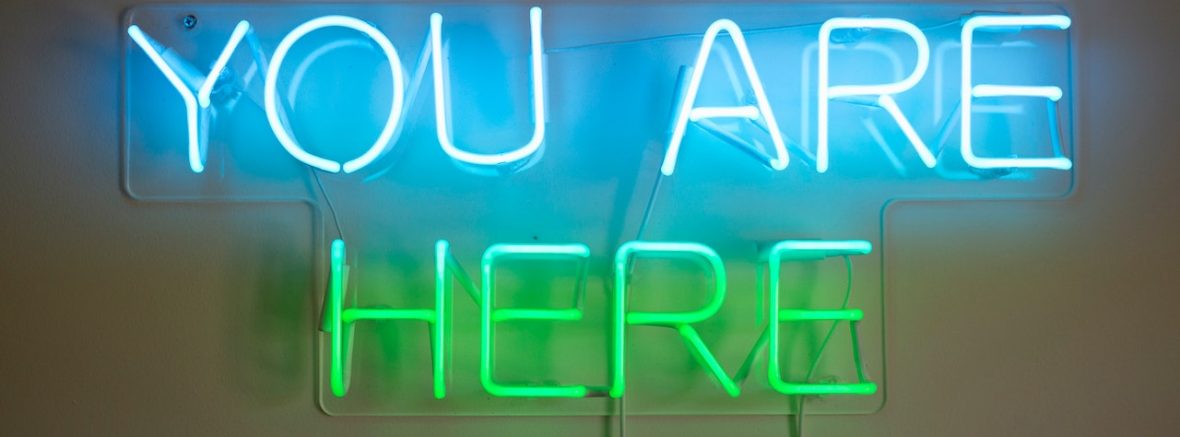
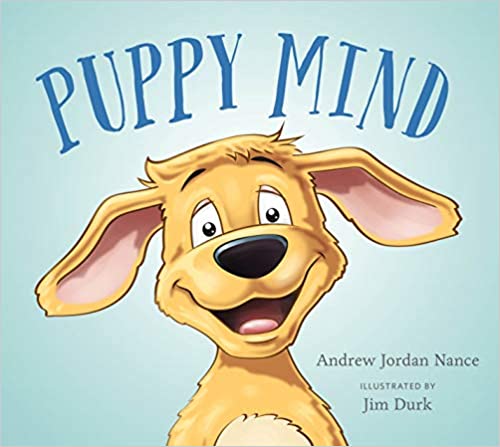
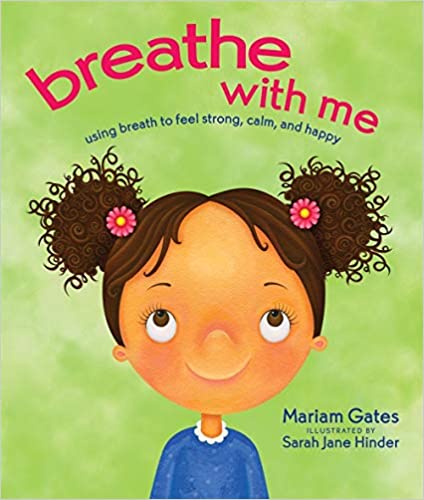
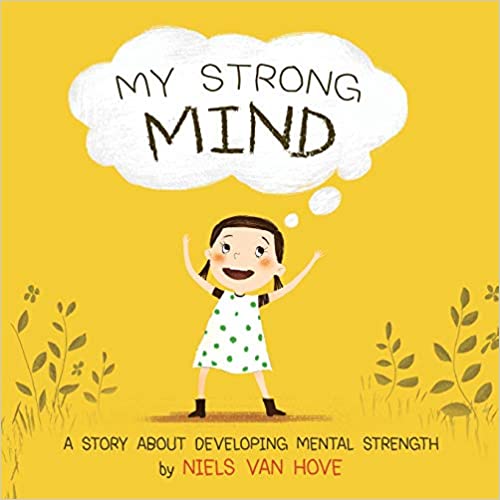
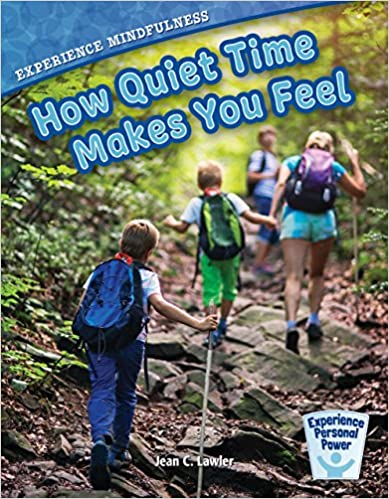
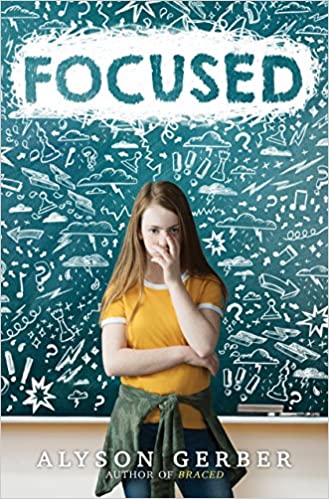
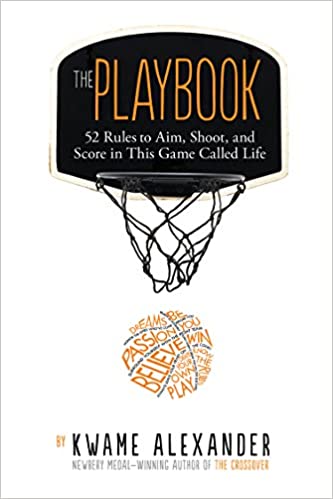

Share this: